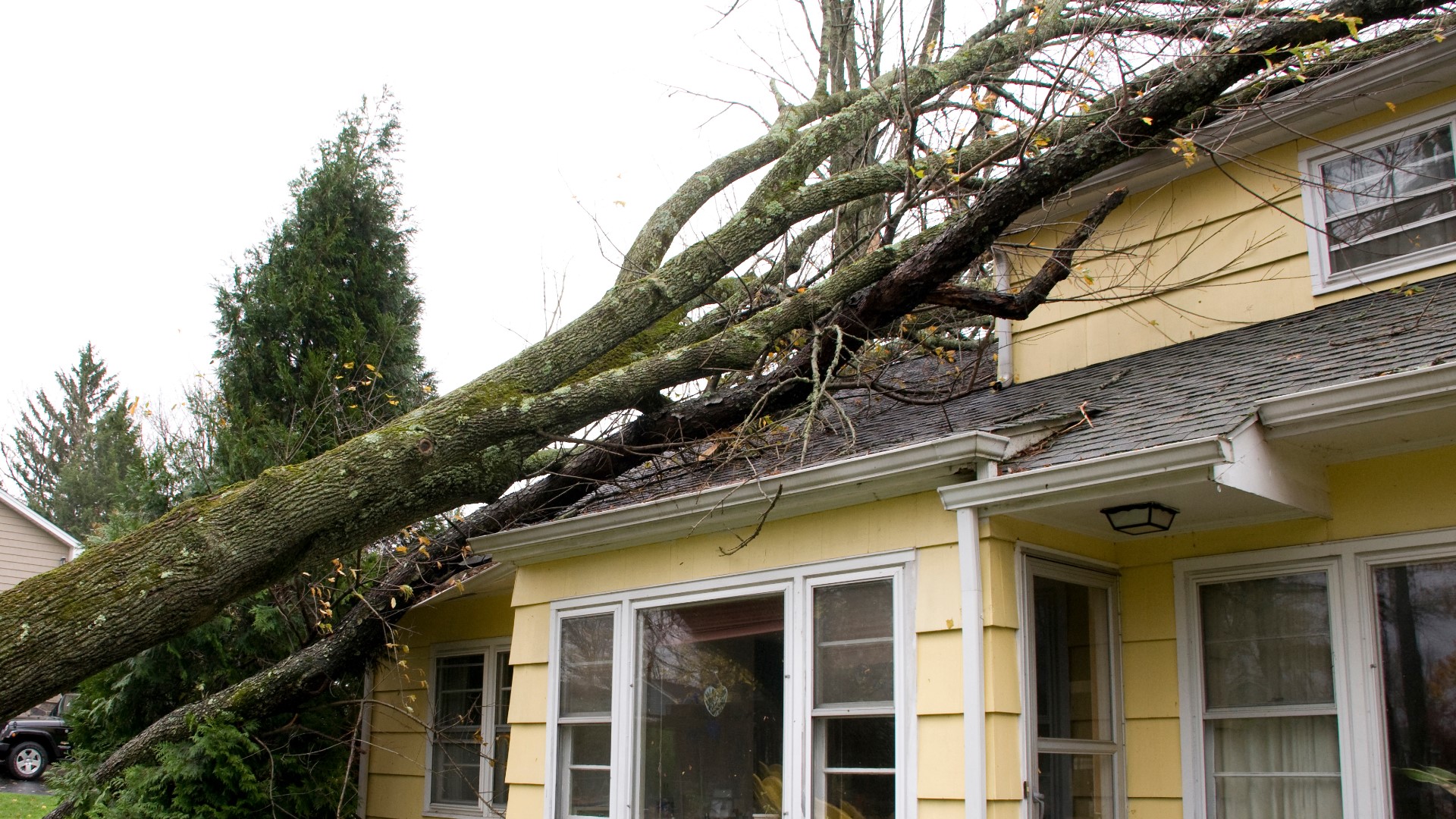GRAND RAPIDS, Mich. — If you've ever incurred property damage or theft and want to file your taxes to reflect what you had to replace, here's what you need to know.
My West Michigan's Smart Money expert Chris Harper was in studio Wednesday with information on casualty loss, theft loss and tips on what you should do and how you should file your taxes.
Casualty Loss
This situation involves damage, destruction, or loss of your property from a sudden, unexpected, or unusual event. Examples include floods, hurricanes, tornadoes, fires, earthquakes, and volcanic eruptions. A casualty loss does not include normal wear and tear of property.
Theft Loss
This is a loss that results from taking or removing money or property with the intent to deprive the owner. The removal of property must be illegal under state law, and must have been done with criminal intent.
Deductibility of Losses
For tax years 2018 through 2025, a casualty and theft loss of personal-use property (e.g. your home, household items, and vehicles) is only federally deductible if it is attributable to a federally declared disaster (as declared by the President). Two examples include Hurricane Harvey and the California wildfires.
Even if an event is declared a disaster by a mayor or governor, that doesn’t mean it is deductible on your federal tax return. The deductibility of business-use property is subject to different rules.
Federally Declared Disaster Area
FEMA’s website lists federally declared disaster areas. The last federally declared disaster in Michigan occurred in June 2018. This event involved severe storms, flooding, landslides, and mudslides in three Upper Peninsula counties. There have been only five federally declared disasters in Michigan since 1977.
Insurance Proceeds
Your deduction will be limited (and may be zero) if you don’t file a claim with your insurance company.
Insurance proceeds will reduce the loss you may claim as a tax deduction. If insurance proceeds are more than the adjusted basis of the property, you may need to report a taxable gain.
Personal casualty losses not attributable to a federally declared disaster are deductible to the extent of personal casualty gains for tax years 2018 through 2025. Personal casualty gains from events that are not attributed to federally declared disasters will reduce other potential casualty and theft loss deductions.
Here's are some examples:
- Your home falls into Lake Michigan: This is not a federally declared disaster area (as of February 24, 2020), and therefore is not deductible. Hopefully insurance proceeds mitigate the loss.
- Your home is destroyed by fire: This won’t trigger a tax break under the new rules, unless the fire is attributable to a federally declared disaster such as the wildfires in California. Again, this highlights the need for sufficient insurance coverage.
The Law Contains Many More Details
This is a broad overview of major provisions. Taxpayers should seek a CPA or other tax professional to help them apply the intricacies of these rules to their personal circumstances.
RELATED VIDEO:
More financial stories and information on 13 ON YOUR SIDE:
►Make it easy to keep up to date with more stories like this. Download the 13 ON YOUR SIDE app now.
Love My West Michigan? Check us out on Facebook and Instagram. Subscribe to our YouTube channel.


